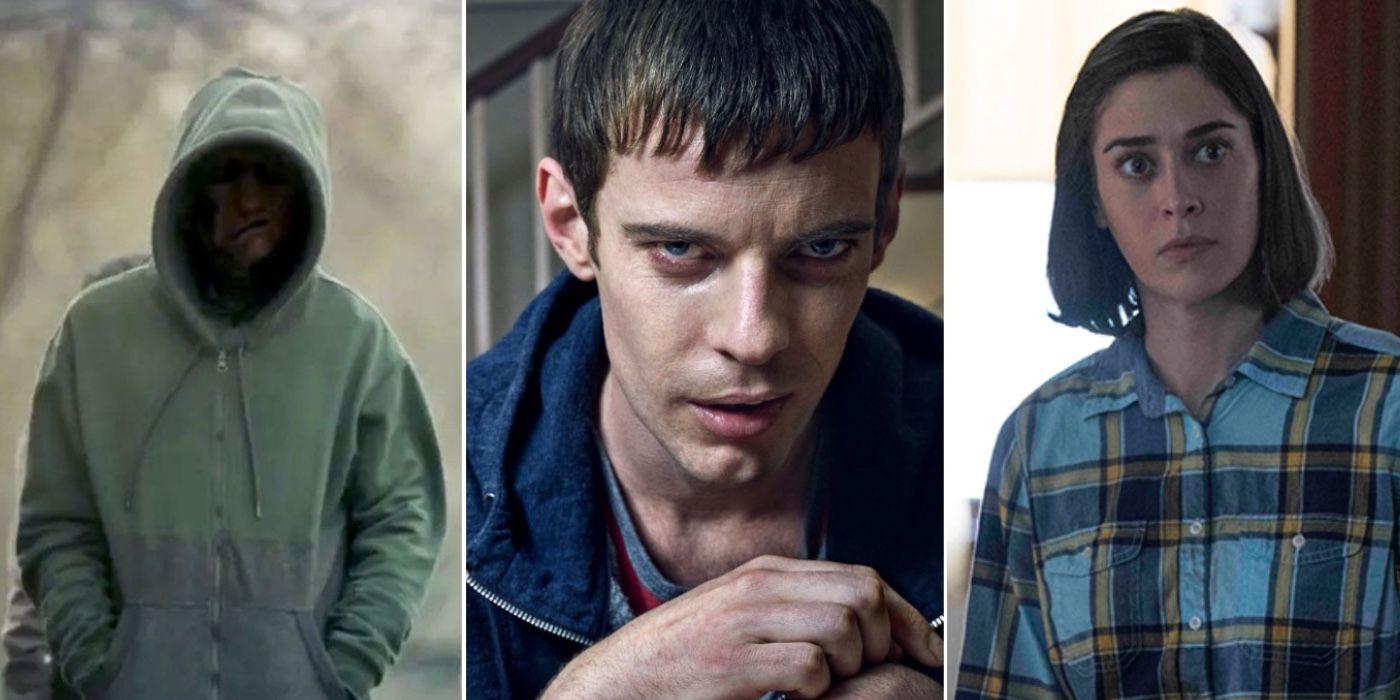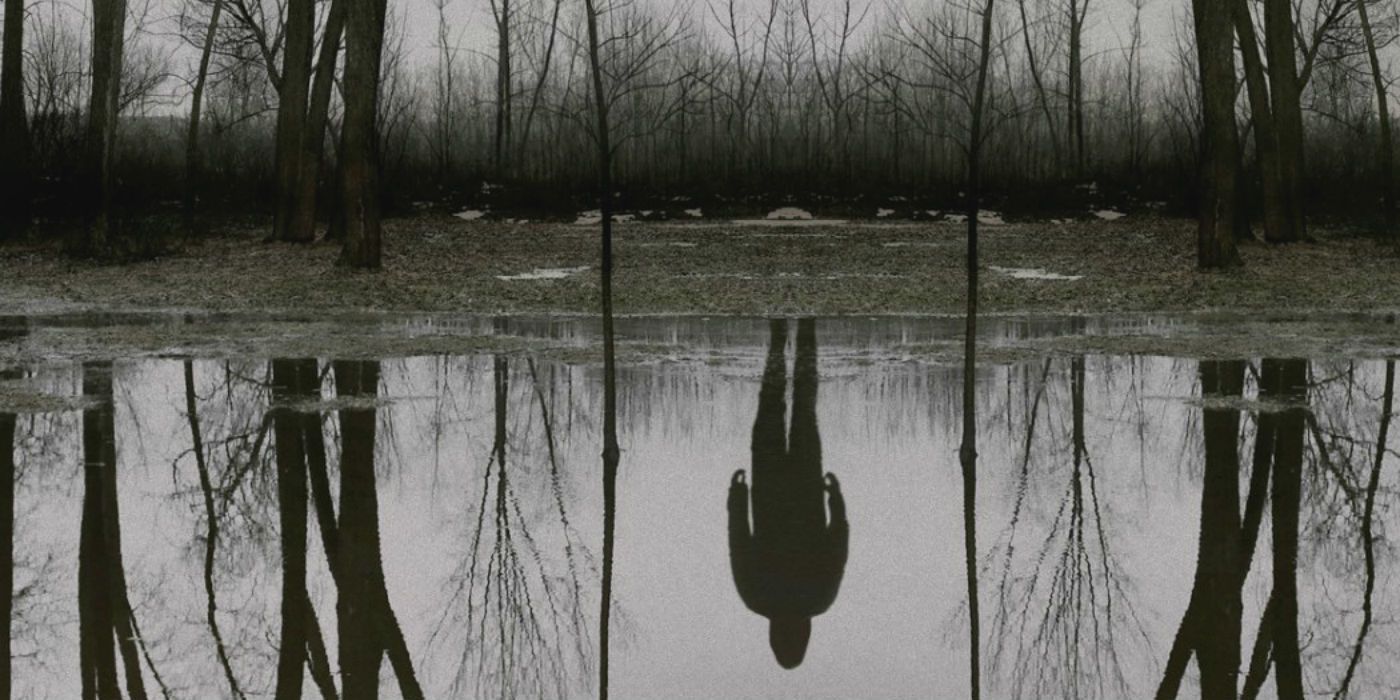In recent years, there has been a surplus of both television and film adapting the impressive roster of work from horror master Stephen King. Out of all the formats King's work has been tailored to fit- film, television, TV movies and miniseries, it feels as though his narratives thrive the best in the television realm. Through this platform those who set out to adapt King's work can encompass all of the author's intentions without the time pressure attached to film.
With many of King's novels spanning five hundred or more pages it is no surprise that filmmakers have struggled to bring the stories to the screen. It is difficult to condense King's work since it is meticulously detailed and often blends genres and themes, making the extensive narratives often times uncapturable in a feature length film. When adapted for television King's novels have room to breathe, and while narratives may be reformatted they often retain the same information and impact as the original work.
Stephen King has been known to vocalize his opinions on the many adaptations of his work and while more recent adaptations such as IT and Gerald's Game have garnered praise from the author, it seems his taste tend to lie with the television portrayals of his work. Though a handful of earlier films including The Green Mile, Cujo, Misery and Stand By Me also earned his approval, King seems more impressed with the many contemporary television adaptations.
Stephen King's Books Make Better Shows Than Movies
There have been a copious amounts of Stephen King screen adaptations but not all could live up to their source material. There are the obvious flukes, such as the ten Children of the Corn films, none of which managed to capture the quality and terror of King's original story, but there as also a number of films that fall short in a more subtle sense.
King has often voiced his dislike of Stanley Kubrick's adaptation of The Shining, explaining that the film diminishes the characters of Jack and Wendy Torrance. When compared to the novel, the film does not successfully capture Jack's slow descent into insanity which earns the character more sympathy from readers. It also complicates the narrative, and instead portrays Jack as unhinged from the moment we meet him, thus making the violent climax feel inevitable as opposed to shocking. Without the development allotted to them by King in the book, the characters become two-dimensional. Jack is a villain from the beginning, and Wendy is a shaky vessel of fear and terror. The same kind of character thinning can be seen in the film adaptation of King's Dolores Claiborne and while both films earned critical acclaim they, like many others, had to sacrifice major moments to abide their time frame.
As of late, audiences are getting most of their Stephen King content on the small screen. In the past few years, television and miniseries based on the author's work have become widely popular. While they're not all winners, such as A&E's disappointing Bag of Bones, many have offered satisfyingly detailed interpretations. Following the success of Hulu's 11/22/63 mini-series in 2016, shows like Mr. Mercedes, Castle Rock and The Outsider released, all of which have gotten the thumbs up from King himself. With time on their side, TV series can further explore King's work and provide the viewer with much needed detail. For example, in HBO's The Outsider, which King recently cited as one of the best adaptations of his work, the lead up to the season's climax time was prefaced by an important flashback episode. As Stephen King is known for a mastery of detail, movies occasionally have to nix things like flashbacks or crucial scene set-ups because of time constraints.


